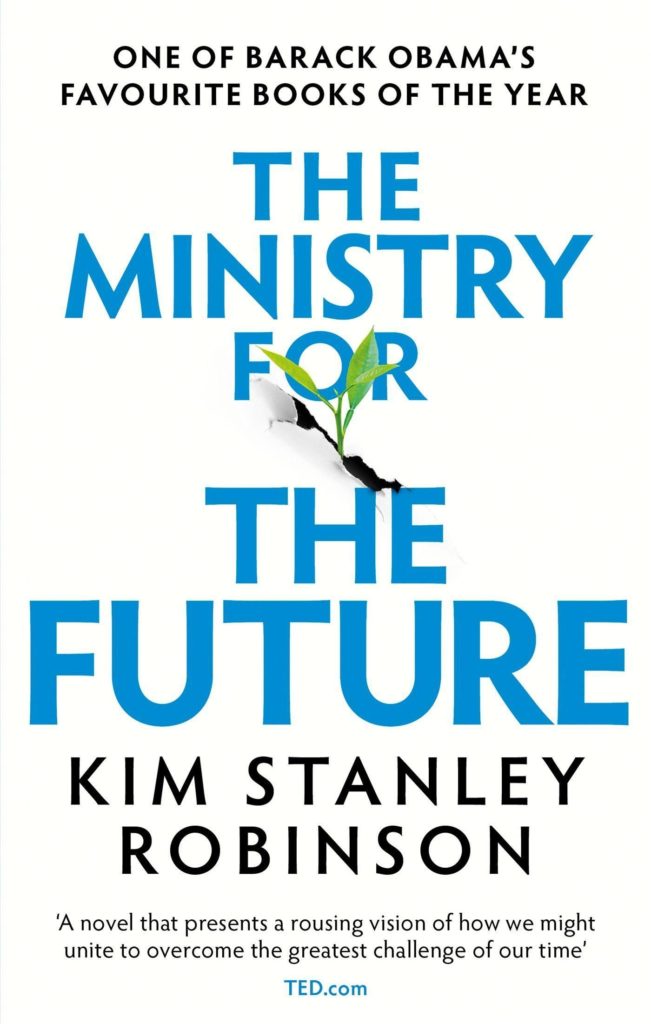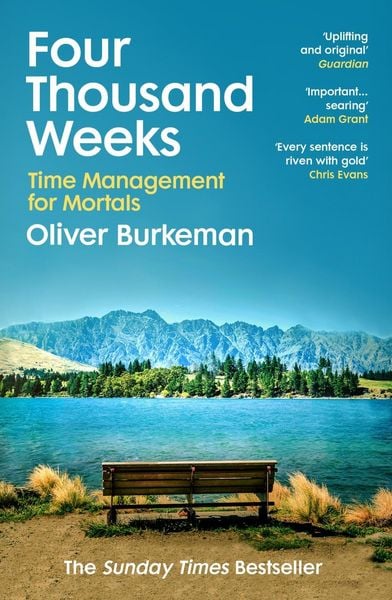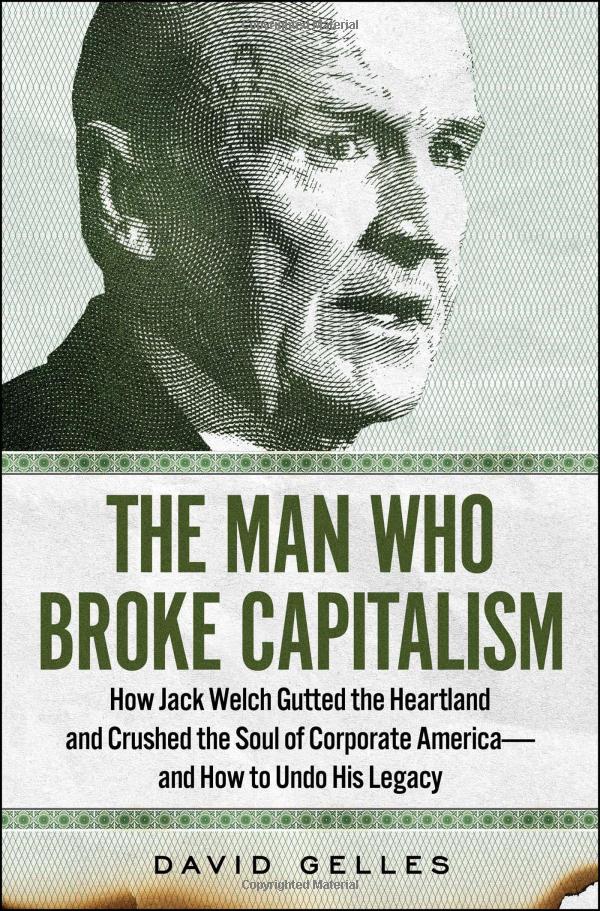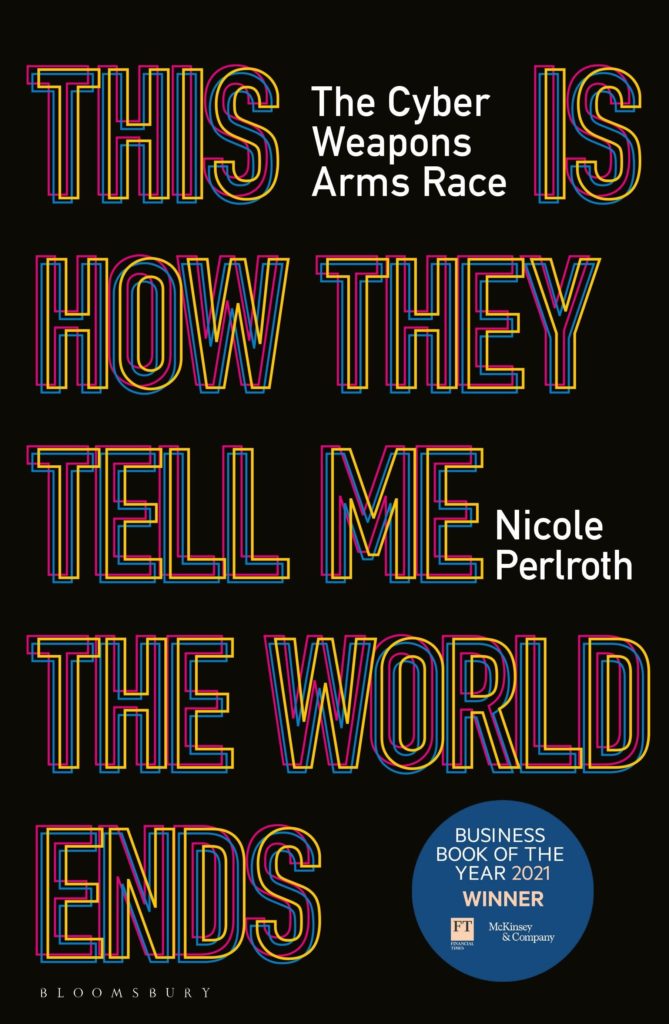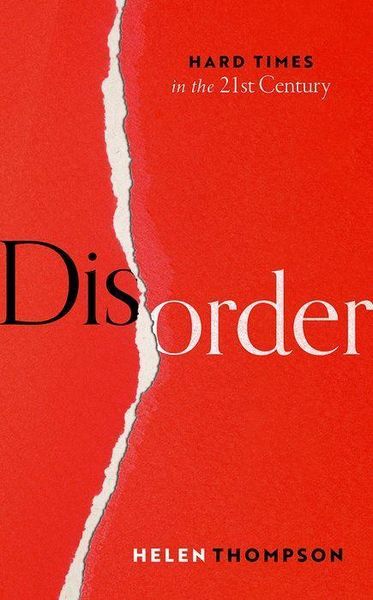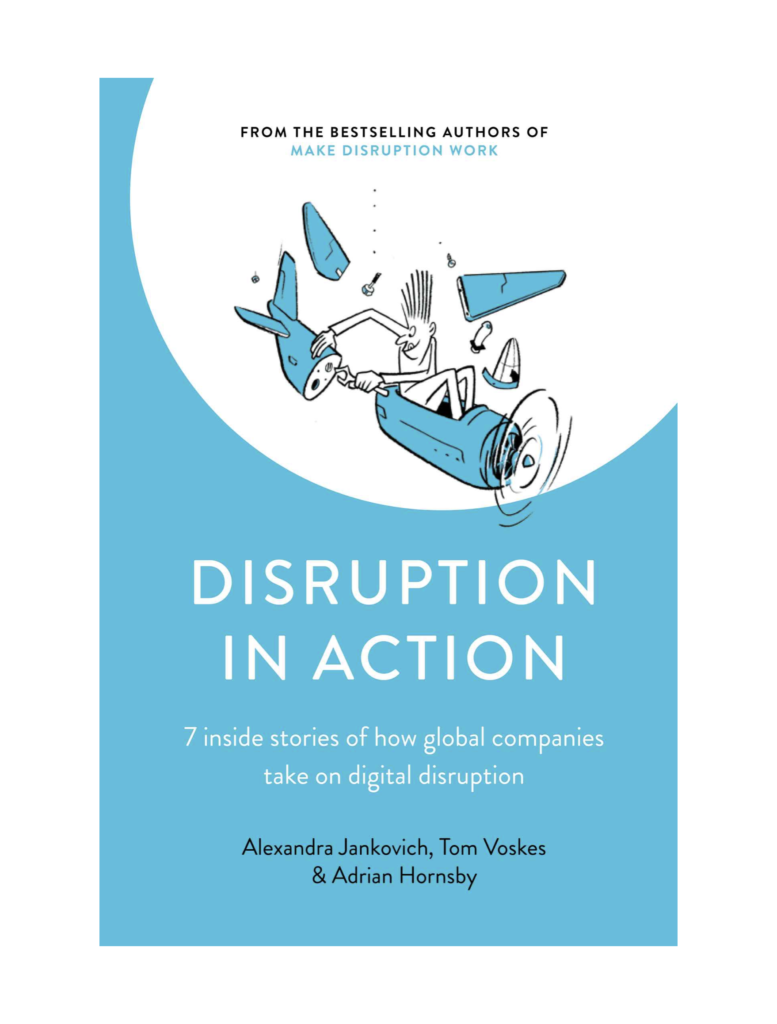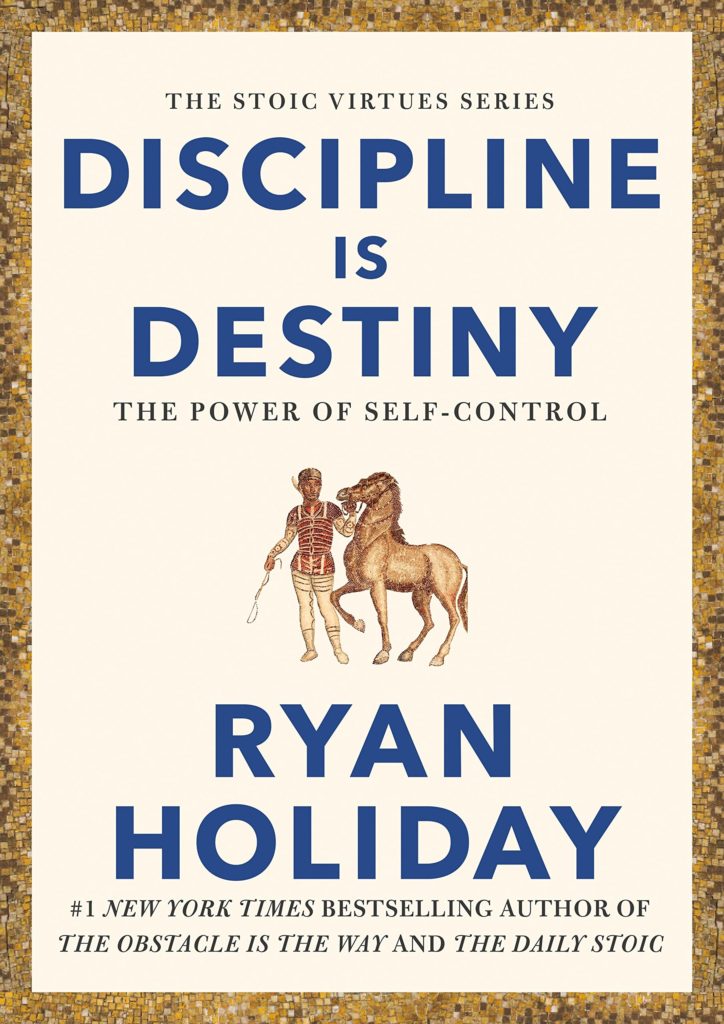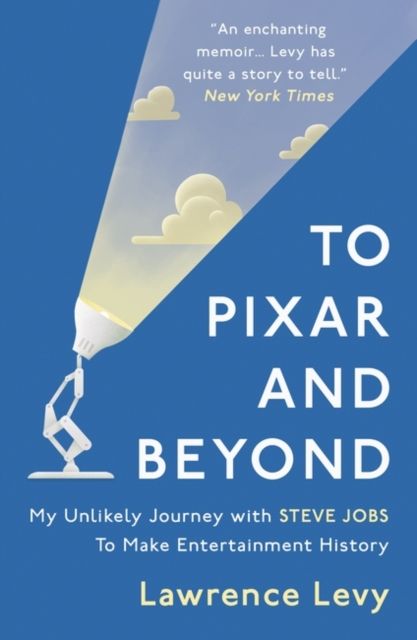The Ministry for the Future
Kim Stanley Robinson
As we are living in highly uncertain times, often unsure whether we, as a human species, have what it takes to address climate change with all its dire consequences, Robinson’s novel presents a hopeful account of the future based on different pathways we must take for social and environmental change. It is not always an easy read, but it is one that leaves the reader with a much clearer understanding of the systemic changes needed to tackle the most pressing challenge of our time.
Julia Binder, Professor of Sustainable Innovation and Business Transformation
4,000 Weeks
Oliver Burkemann
In his most recent book, Oliver Burkemann provides a refreshing and counterintuitive message about how to think about our limited time on earth of somewhere around 4,000 weeks (for most of us). Highly recommended to anyone who has grown tired of traditional time management techniques.
Albrecht Enders, Professor of Strategy and…



